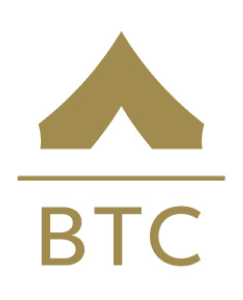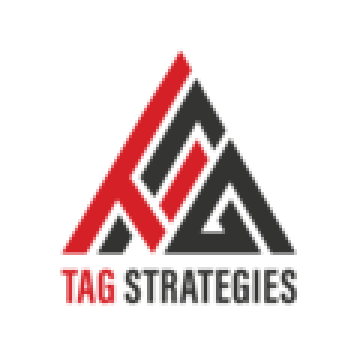The Premier Job Board for Conservative Job Seekers and Employers
Whether you're looking to hire top conservative talent or searching for your next job opportunity, Leadership Institute's Conservative Jobs has you covered.

“Launching the Golden State Policy Council (GSPC) to advance commonsense conservative solutions in California was no small feat. I am grateful to Leadership Institute’s ConservativeJobs.com for helping me identify qualified candidates to fill key roles shortly after our launch. Posting open roles and sorting through applicants was easy. I recommend ConservativeJobs.com to any conservative public policy organization.”

Find Your Next Job
Are you tired of scrolling through endless job boards with irrelevant job postings? Look no further than ConservativeJobs.com. Our job board is specifically tailored to conservative job seekers, featuring only the best job opportunities from conservative employers across the country.
Join now to start your search and take the next step in your career.
Why Choose Conservative Jobs?

“I value the opportunity to post open positions, but also the ability to search comprehensive job seeker profiles has been particularly helpful through my many years of recruiting. Some of my best hires have either been individuals who applied through ConservativeJobs or those who I reached out to after discovering their profile on the website.”
Recent job postings
About The Fund for American StudiesThe Fund for American Studies is a nonprofit organization dedicated to developing leaders who understand and uphold the principles of a free society. Through transfo
Location: Los Angeles (on-site)Our mission is to promote American values through the creative use of digital media, technology and edu-tainment. We’re proud to be voted among the “Best Place to Work i
The Briones Society seeks a generalist with strong writing and operational skills motivated to help build a vibrant, solutions-oriented conservative movement in cities. As the second Briones employee,
THE ORGANIZATIONThe Commonwealth Foundation (“CF”) is among the most effective and influential state-based think tanks in the country. Our work is driven by our core values of integrity, being mission
Ready to Take The Next Step in Your Career?
Join Conservative Jobs today and start your search. Together, we can build a stronger conservative movement.
Hire Top Conservative Talent
At Conservative Jobs, we understand the importance of hiring the right talent for your organization. That's why we've created a platform exclusively for conservative employers to source top conservative talent.
Our job board is filled with qualified candidates who share your conservative values and are eager to contribute to your team. Join now to start hiring the best conservative talent available.







